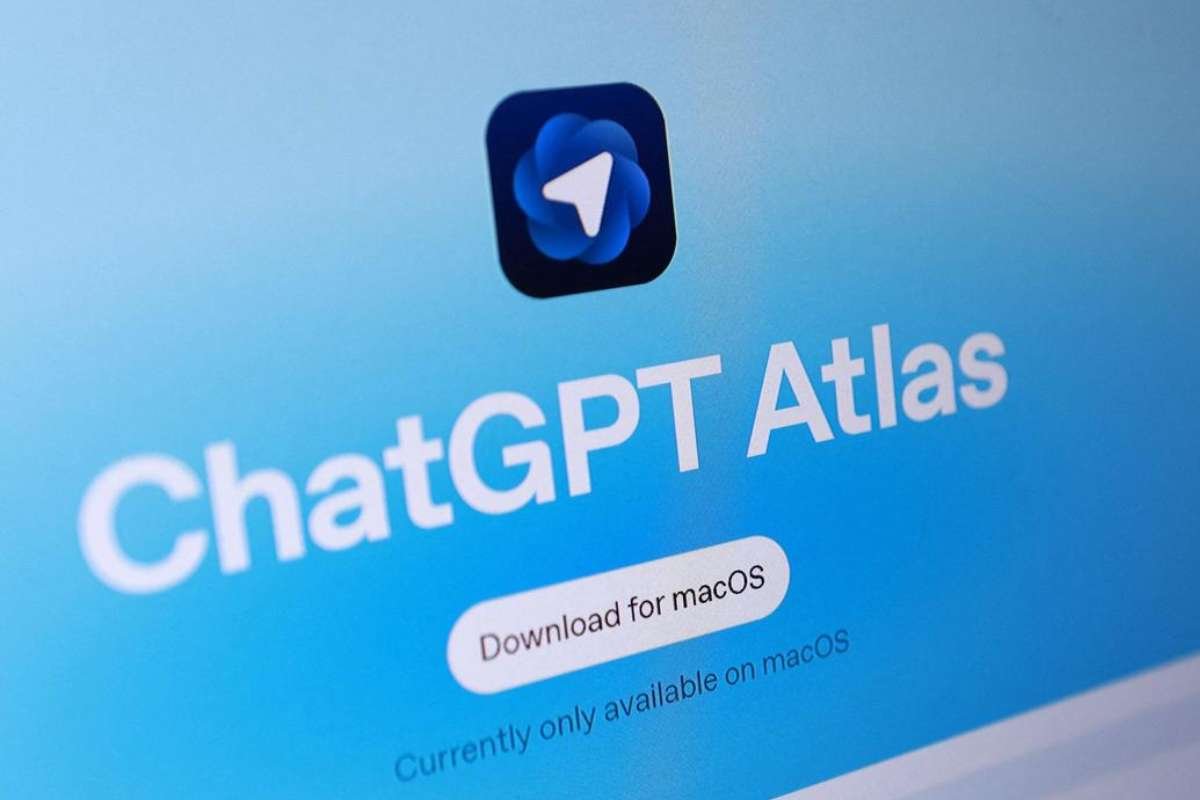Key Points:
- The OpenAI Atlas Browser is a new AI-powered search tool introduced to challenge traditional engines with conversational and contextual results.
- The browser blends ChatGPT’s intelligence with curated sources, offering users a more guided and personalized search experience.
- Despite its promise, Atlas feels unfinished, with limited source transparency and occasional relevance gaps in early user testing.
OpenAI has officially entered the web-browsing arena with the OpenAI Atlas Browser, a new AI-powered browser designed to make ChatGPT the centerpiece of how users navigate the internet. Built on Chromium, the browser is currently available for macOS users, with broader platform rollouts expected soon.
ChatGPT Atlas features a minimal and intuitive interface: a left sidebar for chat history, a central search bar that uses ChatGPT as the default assistant, and a right-side panel labeled “Ask ChatGPT,” allowing users to query or summarize any webpage in real time.
A key highlight of Atlas is its “agentic mode,” available to paid users under Plus, Pro, or Business plans. This feature allows the AI to perform actions across websites, from adding products to shopping carts to scheduling calendar events or drafting and sending emails, signaling a move toward an integrated AI workspace experience.
Promise Meets Performance Gaps
Early user tests show that the OpenAI Atlas Browser succeeds in blending AI-powered assistance directly into everyday browsing. Users can highlight any text and instantly ask ChatGPT for explanations, comparisons, or summaries without leaving the page. In practical demonstrations, Atlas efficiently completed email and calendar tasks within seconds, showing potential for productivity-driven users.
However, performance gaps remain. While the browser’s AI-driven search interface is designed to simplify online discovery, it often struggles with precision and local relevance. For example, a query like “news near me” generated intelligent summaries but linked to results outside the user’s region. Moreover, Atlas currently limits search outputs to ten results per query, far fewer than traditional search engines.
Review and location-based data integration also fall short. While Atlas displays maps and directions for local searches, it lacks deeper features like clickable user reviews, detailed ratings, or source transparency. This limits its competitiveness against established players like Google Search, which still dominate user trust and usability.
Ambitious Vision, Unfinished Experience
With ChatGPT Atlas, OpenAI appears to be envisioning a future where browsing and AI seamlessly merge, a shift from “searching for information” to “interacting with knowledge.” The concept aims to position ChatGPT not just as a chatbot, but as the foundation of a new kind of browser-based operating system powered by generative AI.
Yet, in its current state, Atlas feels more like a promising prototype than a fully realized replacement for conventional browsers. While it introduces exciting capabilities, its search limitations, lack of depth in interactive results, and occasional contextual misses make it feel experimental.
Still, the innovation behind the OpenAI Atlas Browser points to a broader shift in how AI could reshape the web itself. If OpenAI can refine the product, enhancing local accuracy, search depth, and browsing fluidity, Atlas might soon evolve from a curious new tool into a serious contender for the future of intelligent browsing.
Visit The Enterprise World for the most recent information.


















